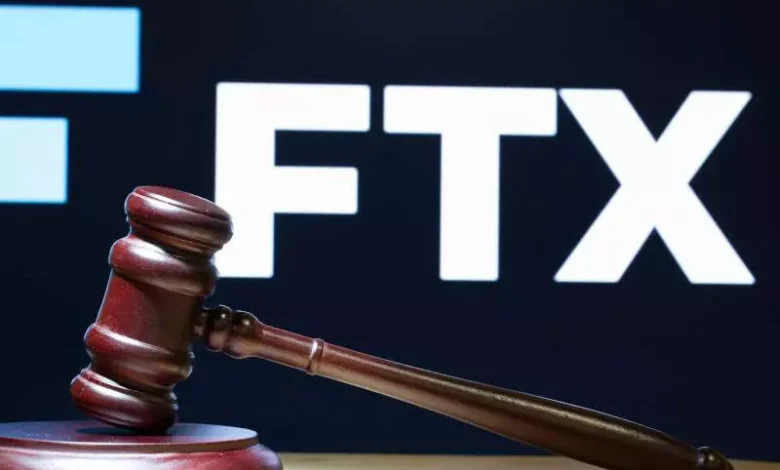FTX ordered by US court to pay clients

Business Business: A US court has ordered bankrupt cryptocurrency exchange FTX to pay $12.7 billion (£9.9 billion) to compensate customers and victims of fraud, five months after its founder was jailed for his role in the company’s collapse. The Commodity Futures Trading Commission (CFTC) said it was the “largest such recovery” in the regulator’s history and would help return money to those affected by a “massive fraud scheme perpetrated by Sam Bankman-Fried, his now-bankrupt FTX group of companies, and a core group of FTX insiders”. FTX collapsed in late 2022 amid a crypto price crash. Its founder, Bankman-Fried, was jailed for 25 years in March after pleading guilty to conspiracy to commit fraud and money laundering late last year. He has been ordered to forfeit assets worth $11 billion.
FTX, once worth $32 billion,
had used clients’ funds to fund risky investments through a closely affiliated hedge fund, Alameda Research. Bankman-Fried in turn used clients’ money for his own exploits, including large political donations in his name, luxury cars, properties in the Bahamas and endorsements from A-list celebrities. When clients began demanding their money back, a huge budget shortfall was revealed. Prosecutors said Bankman-Fried’s operations amounted to “old-fashioned embezzlement” hidden under a facade of new technology. In total, Bankman-Fried was accused of stealing $8 billion from his clients.
“FTX used outdated tactics to create the illusion that it was a safe and secure place to access the crypto markets,” said CFTC Chairman Rostin Behnam. “But the basic regulatory tools, such as governance, customer protections and oversight that exist to identify misconduct and ultimately prevent collapse, simply weren’t there.” The latest forbearance order handed down by the US District Court for the Southern District of New York ends a nearly two-year-old legal case filed by the CFTC in December 2022. The judge’s order permanently bans FTX from trading, holding or receiving funds for the purpose of buying or selling digital assets. However, Behnam said the case was proof that more stringent rules were needed to regulate digital assets and cryptocurrencies.




